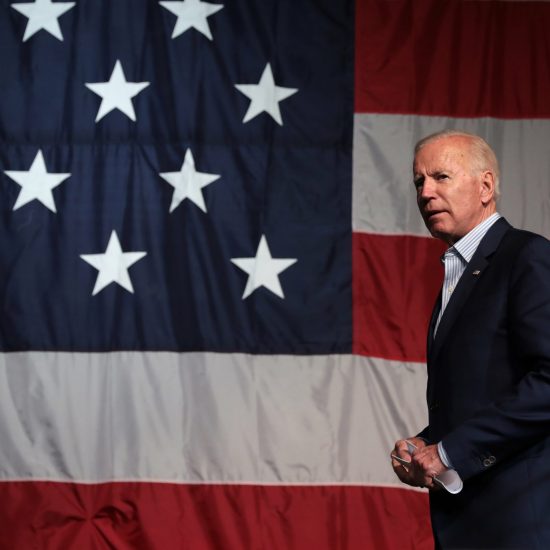The Senate voted Monday to kill an Obama administration rule aimed at curbing labor violations among government contractors. Two years in the making, the Fair Pay and Safe Workplaces rule was targeted by Republican lawmakers 10 days after Donald Trump’s inauguration. The House voted to excise it on Feb. 2, and Trump can seal its fate with his signature.
Before the Senate vote – 49-48, along party lines – the White House issued a statement saying the rule “would bog down Federal procurement with unnecessary and burdensome processes that would result in delays, and decreased competition for Federal government contracts.”
Issued in August by the U.S. Department of Labor, the rule requires would-be contractors to disclose wage or safety violations during the previous three years. The vehicle for its undoing by Congress was the rarely used Congressional Review Act, through which recently finalized regulations can be dismantled by simple majorities in the House and Senate. The act prohibits federal agencies from crafting similar rules unless authorized to do so by lawmakers.
Lafe Solomon, a retired Labor Department senior advisor who helped develop the regulation, said Congress’s discarding of it constitutes a loss for American workers. “Workplaces will be less safe and workers certainly run the risk of not getting paid fairly,” he said.
The rule stemmed from a 2014 executive order issued months after a report by Senate Democrats revealed that almost 30 percent of the worst violators of wage and worker-safety laws from 2007 to 2012 had received government contracts. Eighteen contractors were assessed fines that fell within the top 100 issued by the Labor Department’s Occupational Safety and Health Administration during that period. Thirty-two were hit with back-wage assessments that were among the top 100 levied by the department’s Wage and Hour Division.
“Unfortunately, this report demonstrates that the officials responsible for determining if a prospective contractor is a responsible entity prior to awarding a contract lack access to information on labor violations and lack the tools to evaluate the severity or repeated nature of these types of violations,” wrote Democratic staff members of the Senate Health, Education, Labor and Pensions Committee.
The findings echoed those of the Government Accountability Office in 1995 and 2010. In 2016, the progressive think tank Demos estimated that employees of federal contractors lose $1.6 billion to $2.5 billion each year from minimum-wage violations alone.
Contractors employ about a quarter of the American workforce. According to the U.S. Treasury, the government spent about $471 billion on contracts last year.
Though contracting agencies already consider companies’ past performance – which may include compliance with labor laws – in weighing bids, that information isn’t easily accessible across the government.
The rule dictates that any company seeking a contract worth more than $500,000 disclose violations – including cases pending with the Labor Department or other federal agencies, going back three years – of 14 different labor laws. Those without any blemishes on their record would check a box saying so.
Another provision is paycheck transparency – employers would have to let workers know precisely what they’re owed, theoretically enabling them monitor their own paystubs for accuracy. Employees alleging workplace discrimination or sexual assault would have the right to seek redress in court rather than be forced into arbitration.





